
The transportation minister will table the new bike lane rules as part of his next major piece of legislation, which the government has said will focus on stifling congestion.




embedded machine learning research engineer - georgist - urbanist - environmentalist
Ford government to table legislation to restrict bike lanes on city streets | Globalnews.ca

The transportation minister will table the new bike lane rules as part of his next major piece of legislation, which the government has said will focus on stifling congestion.

The law, Global News has learned, is currently set to be titled the Reducing Gridlock and Saving You Time Act and could be presented when the legislature returns at the end of October. Primarily aimed at drivers, it will include new provincial requirements on bike lanes.
...
The specifics of the legislation have not been made public but sources told Global News said the government was considering restrictions on towns and cities removing existing lanes of traffic to create bike lanes.
Absolute clowns.
Some squatter who bought the rights to it for two twigs and a raspberry back when they were first selling off name rights 200,000 years ago
And things like vertical bifacial solar panels can work especially amazingly on grazing land that isn't suitable for crops.

Counter-intuitive as they may look, they actually have a number of benefits:
Is the GOP actually the ones wanting us to replace Biden at the moment? If anything, there's a very good reason to believe the GOP would want Biden to remain: he's a quite unpopular president for whom the overwhelming majority of Americans have concerns about his age and mental fitness. Further, he has a ton of political baggage, and is highly contentious amongst Democrats.
Personally, I genuinely think Gretchen Whitmer (with Pete Buttigieg as running mate) would be much more likely to win in November, at least according to post-debate polling from this leaked internal memo: https://puck.news/wp-content/uploads/2024/07/SUNDAY_Post-Debate_Landscape_2024_06_30__1_-1.pdf
Leaked internal memo with post-debate polling data showing a strong preference for Biden alternatives (especially Whitmer and Buttigieg) in key swing states: https://puck.news/wp-content/uploads/2024/07/SUNDAY_Post-Debate_Landscape_2024_06_30__1_-1.pdf

The problem is tons of free parking everywhere needlessly sprawls out our cities, makes people drive further, and makes actual green methods of transit (like walking, cycling, and electrified public transit) less viable.
In the long term, maintaining car dependency is fundamentally incompatible with addressing the climate crisis. Removing mandatory parking minimums is a necessary step towards ending car dependency.
Montreal becomes largest North American city to eliminate mandatory minimum parking spots

Montreal is the latest city to eliminate mandatory parking minimums, and the largest North American city to have done so.

Farmers who graze sheep under solar panels say it improves productivity. So why don’t we do it more?
Silvopasture is an ancient practice that integrates trees and pasture into a single system for raising livestock. Pastures with trees sequester five to 10 times as much carbon as those of the same size that are treeless while maintaining or increasing productivity and providing a suite of additional benefits. Livestock continue to emit the greenhouse gases methane and nitrous oxide, but these are more than offset by carbon sequestration, at least until soil carbon saturation is achieved.
Silvopasture also offer financial benefits for farmers and ranchers. Livestock, trees, and other forest products, such as nuts, fruit, and mushrooms, generate income on different time horizons. And help protect farmers from risk. The health and productivity of both animals and the land improve.
https://drawdown.org/solutions/silvopasture
Trees in silvopasture systems provide livestock with protection from sun and wind, which can increase animal comfort and improve production. Trees can provide shade in the summer and windbreaks in the winter, allowing livestock to moderate their own temperature. Heat stress in livestock has been associated with decreased feed intake, increased water intake, and negative effects on production, reproductive health, milk yields, fitness, and longevity.[4][5]
Certain tree types can also serve as fodder for livestock. Trees may produce fruit or nuts that can be eaten by livestock while still on the tree or after they have fallen. The leaves of trees may serve as forage as well, and silvopasture managers can utilize trees as forage by felling the tree so that it can be eaten by livestock, or by using coppicing or pollarding to encourage leaf growth where it is accessible to livestock.[1]
Well-managed silvopasture systems can produce as much forage as open-pasture systems under favorable circumstances. Silvopasture systems have also been observed to produce forage of higher nutritive quality than non-silvopasture forage under certain conditions. Increased forage availability has been observed in silvopasture systems compared to open-pasture systems under drought conditions, where the combination of shade from trees and water uptake from tree roots may reduce drought impacts.[1]
Exactly. I'm just trying to reframe dumb NIMBY policies like restrictive zoning and mandatory parking minimums as anti-freedom so as to try to get conservative NIMBYs to maybe be just a little less NIMBY.
Absolutely no one is seriously arguing we allow PFAS chemical plants next to kindergartens or that we remove all building safety codes. Just that restrictive zoning (and other NIMBY land use policies) is stupid, harmful, and we should get rid of it.
Part of my ongoing efforts to rebrand urbanist ideas as patriotic and pro-freedom (which they unironically are)
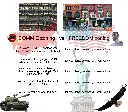
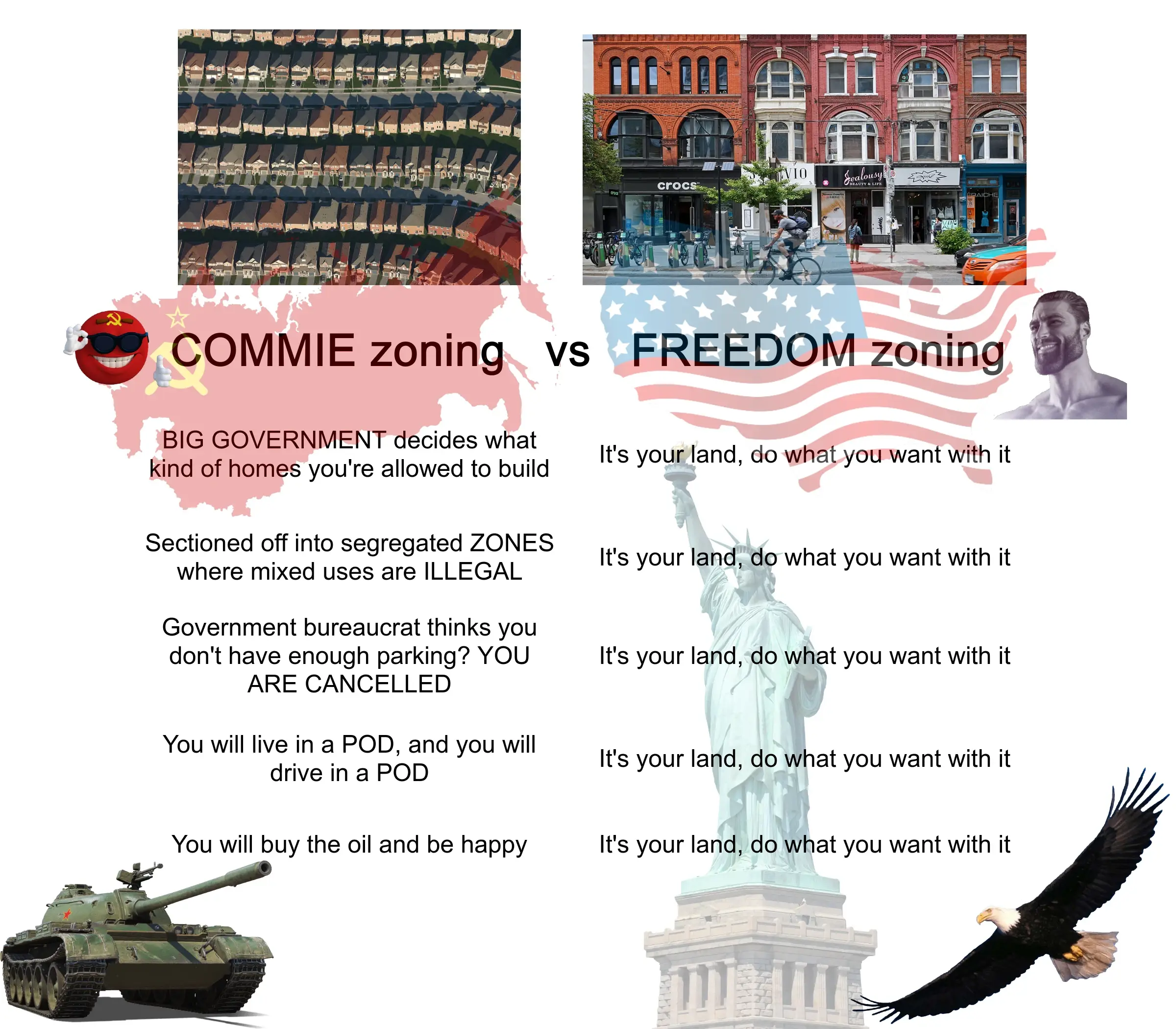
The right to a bicycle shall not be infringed
Part of my ongoing efforts to rebrand bicycles as the ultimate freedom vehicle (which they unironically are)

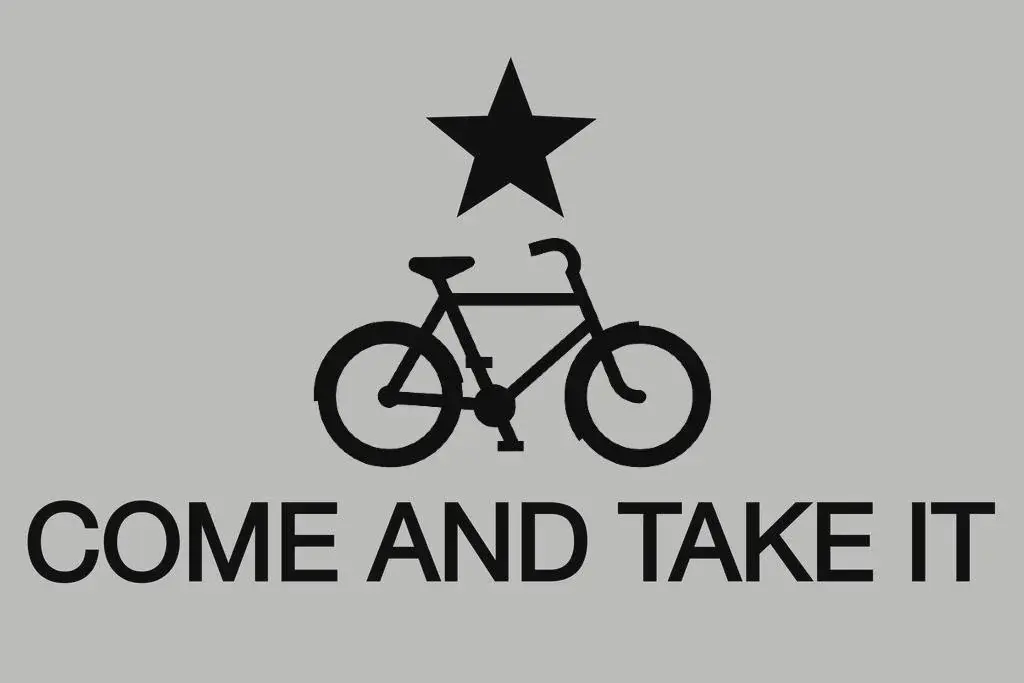
just a frame, a chain,
two wheels, and grease
Kinda tempts me to photoshop a RAM PRIDE or FORD PRIDE ad for pride month
Excellent point, brother. Always choose AMERICAN MUSCLE over COMMIE OIL.
WOKE transit vs PATRIOT transit
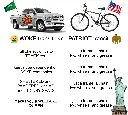
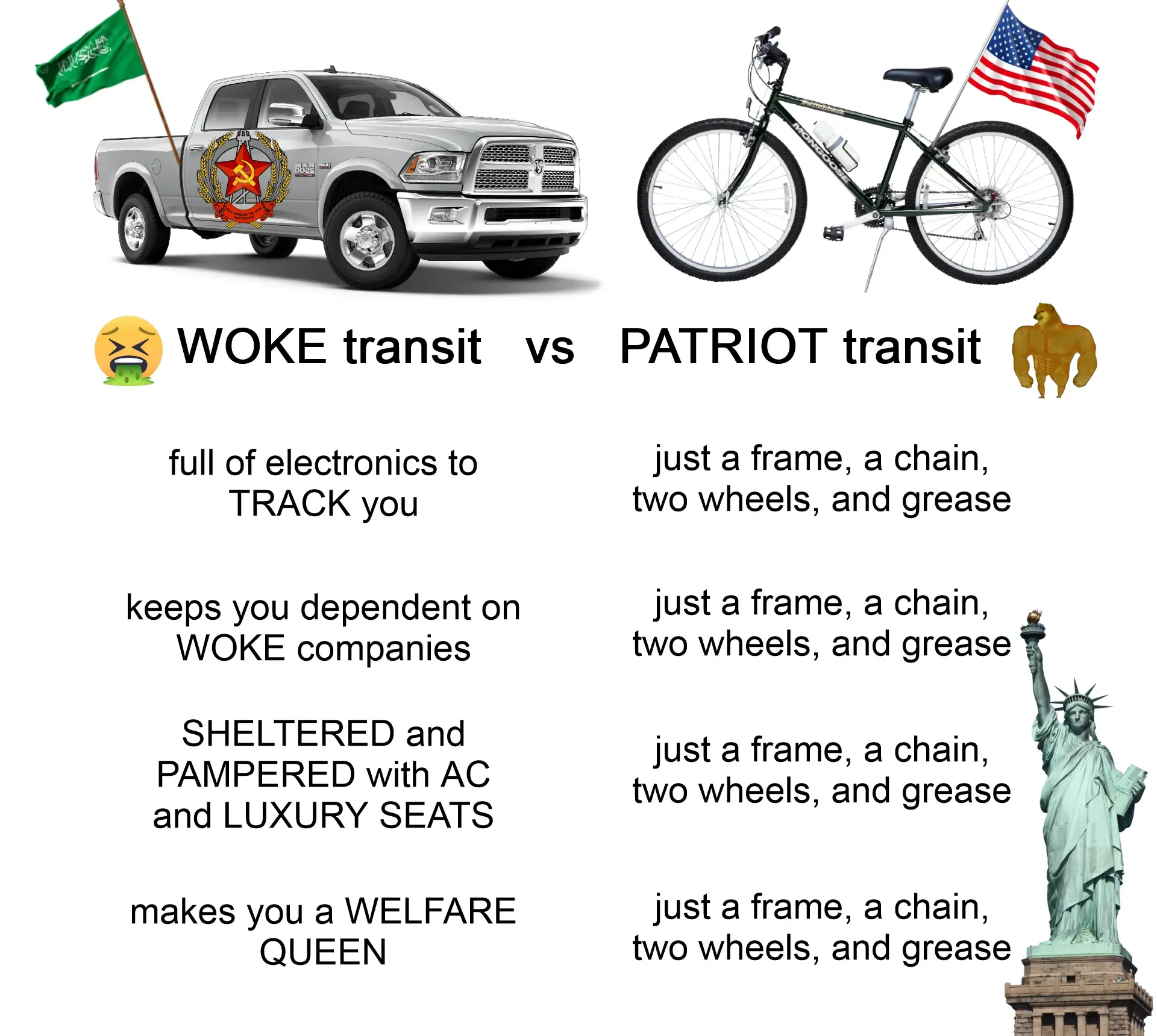
Me doing my part to portray car dependency as deeply unpatriotic. Which it kinda unironically is.
The raison d'être for RISC-V is domain-specific architecture. Currently, computational demands are growing exponentially (especially with AI), but Moore's Law is ending, which means we can no longer meet our computational demands by scaling single-core speed on general-purpose CPUs. Instead, we are needing to create custom architectures for handling particular computational loads to eke out more performance. Things like NPUs, TPUs, etc.
The trouble is designing and producing these domain-specific architectures is expensive af, especially given the closed-source nature of computer hardware at the moment. And all that time, effort, and money just to produce a niche chip used for a niche application? The economics don't economic.
But with an open ISA like RISC-V, it's both possible and legal to do things like create an open-source chip design and put it on GitHub. In fact, several of those exist already. This significantly lowers the costs of designing domain-specific architectures, as you can now just fork an existing chip and make some domain-specific modifications/additions. A great example of this is PERCIVAL: Open-Source Posit RISC-V Core with Quire Capability. You could clone their repo and spin up their custom RISC-V posit chip on an FPGA today if you wanted to.
It also had a second rule set where a land value tax was implemented, and the winning condition was when everyone made a minimum amount of money.
A land value tax (LVT) is a levy on the value of land without regard to buildings, personal property and other improvements upon it.[1] It is also known as a location value tax, a point valuation tax, a site valuation tax, split rate tax, or a site-value rating.
Some economists favor LVT, arguing it does not cause economic inefficiency, and helps reduce economic inequality.[2] A land value tax is a progressive tax, in that the tax burden falls on land owners, because land ownership is correlated with wealth and income.[3][4] The land value tax has been referred to as "the perfect tax" and the economic efficiency of a land value tax has been accepted since the eighteenth century.[1][5][6] Economists since Adam Smith and David Ricardo have advocated this tax because it does not hurt economic activity, and encourages development without subsidies.
LVT is associated with Henry George, whose ideology became known as Georgism. George argued that taxing the land value is the most logical source of public revenue because the supply of land is fixed and because public infrastructure improvements would be reflected in (and thus paid for by) increased land values.[7]
It's just a stupidly good tax policy, and we should be implementing it in more places.
Yeah, this is the one piece a lot of people miss: in any decently competitive market, individual firms have effectively zero power to set prices; they must instead accept the prices determined by the market.
Knowing that, the solution to that sort of corporate BS, then, is to ensure markets are competitive by busting monopolies, lowering barriers to entry, and getting money out of politics to reduce the effect of lobbying.
That's actually the neat thing about land value taxes; both in economic theory and observed practice, they can't be passed on to tenants.
It would absolutely be a boon for the poor if we replaced other forms of taxation (such as on sales and income) with land value taxes. Plus, land value taxes tend to make housing cheaper, which helps the poor as well.
Exactly. People love to treat it as "a war on cars/lawns/etc.", but it's really a war on everybody who doesn't want to be legally mandated to have those. All we're asking for is to end the legal mandates (zoning, parking minimums, setback requirements, etc.) and for those who wish to partake in those wasteful luxuries to pay their true price without public subsidy.
Tbh, my favorite kind of gardening is the kind that thrives on neglect. I love making ecosystems that thrive on their own, without my constant input. There's just something beautiful about seeing life thrive on its own.
Lawns and car storage — name a more wasteful use of land

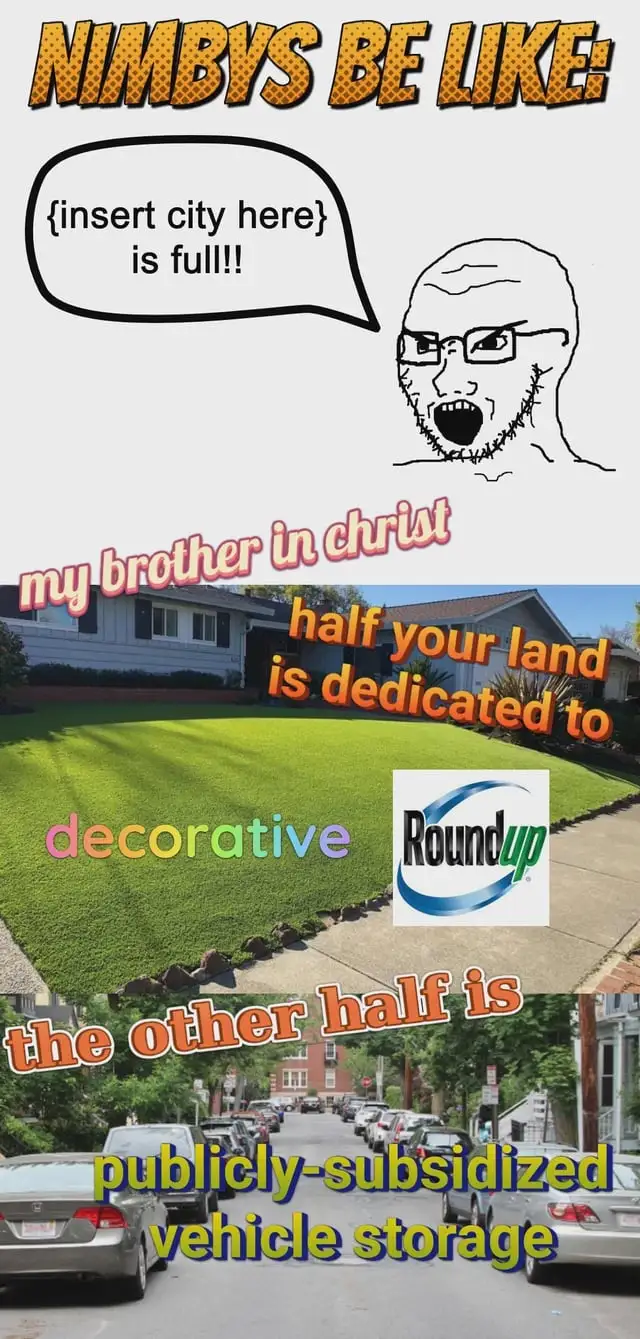
It's not, though. The classical factors of production, whence we get the concept of "capital" as a factor of production, has land and capital as clearly separate:
Land or natural resource — naturally occurring goods like water, air, soil, minerals, flora, fauna and climate that are used in the creation of products. The payment given to a landowner is rent, loyalties, commission and goodwill.
Labor — human effort used in production which also includes technical and marketing expertise. The payment for someone else's labor and all income received from one's own labor is wages. Labor can also be classified as the physical and mental contribution of an employee to the production of the good(s).
Capital stock — human-made goods which are used in the production of other goods. These include machinery, tools, and buildings. They are of two types, fixed and working. Fixed are one time investments like machines, tools and working consists of liquid cash or money in hand and raw material.
https://en.m.wikipedia.org/wiki/Factors_of_production
And it's an important distinction. The fact that land is not made and inherently finite makes it zero-sum. Meanwhile, the fact that capital such as education, tools, factories, infrastructure, etc. are man-made and not inherently finite makes them not zero-sum. This distinction has truly massive implications when it comes to economics and policymaking. It's the whole reason LVT is so effective, so efficient, and so fair: it exploits the unique zero-sum nature of land.
You might like single transferrable vote (STV), then. You have districts with several seats in them (preferably ~5), and then do a ranked-choice ballot to select the candidates who will fill those seats. Key advantages over proportional representation are that it maintains the idea of a constituency and that it maintains voting for individual candidates, not just parties.
Downside, of course, is that it's not as proportional as proportional representation, but it still achieves pretty proportional results. That's the tradeoff for maintaining constituencies and individual candidates.
In France, the Future Is Arriving on a Barge

The Seine is becoming a test case for a European plan to cut carbon emissions by turning rivers into the new highways.

The Seine is becoming a test case for a European plan to cut carbon emissions by turning rivers into the new highways.
There is no one-size-fits-all solution to transportation

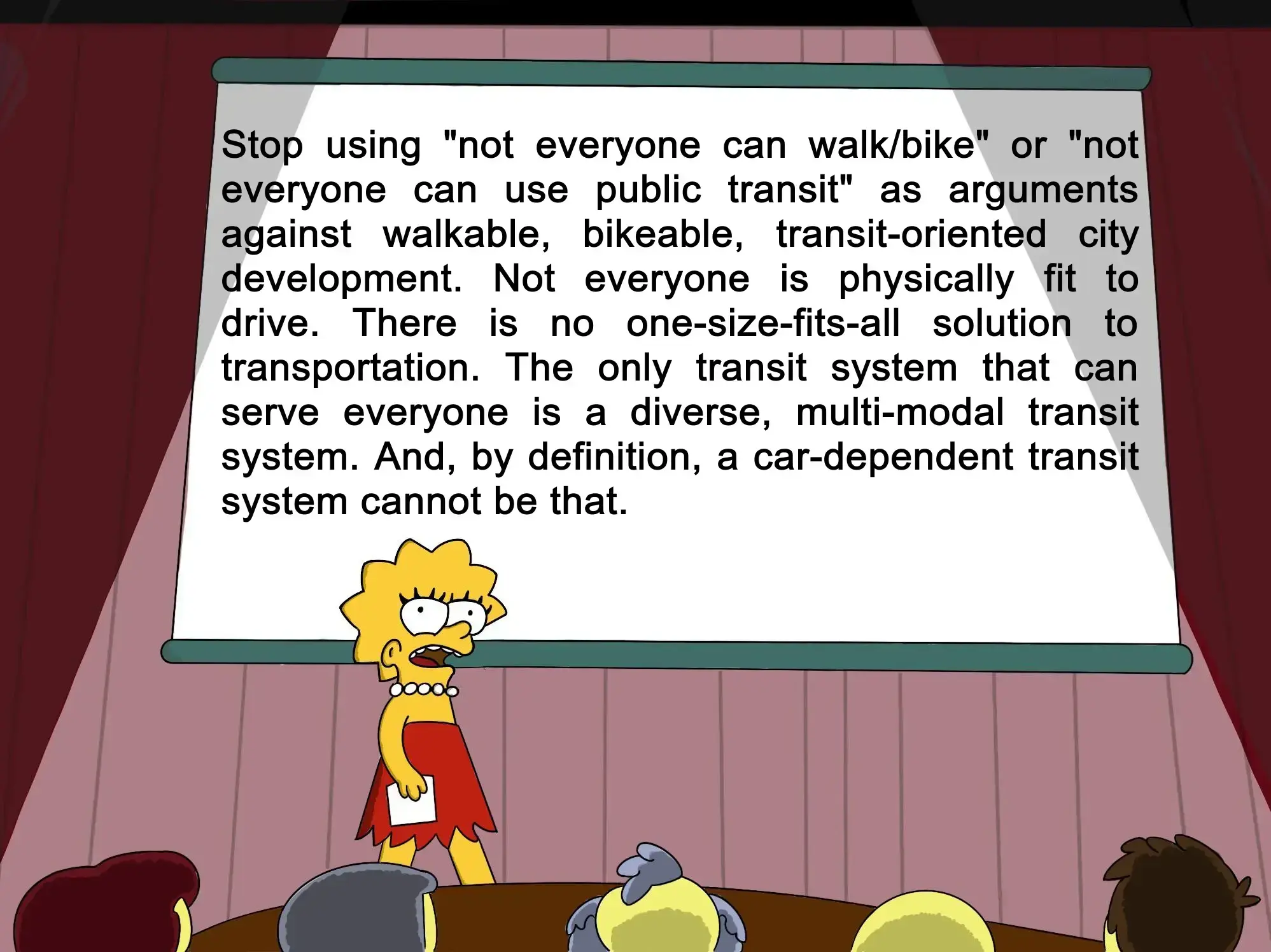
Owning a car in Montreal costs an average of $1,310 per month

A study by personal finance service Hardbacon estimates the current average cost of owning a car in Montreal at $1,310 per month. Hardbacon’s compilation includes purchase price, maintenance, gas, parking and insurance. In 2024, the average cost of owning a vehicle in Quebec is $15,720 per year. A c...
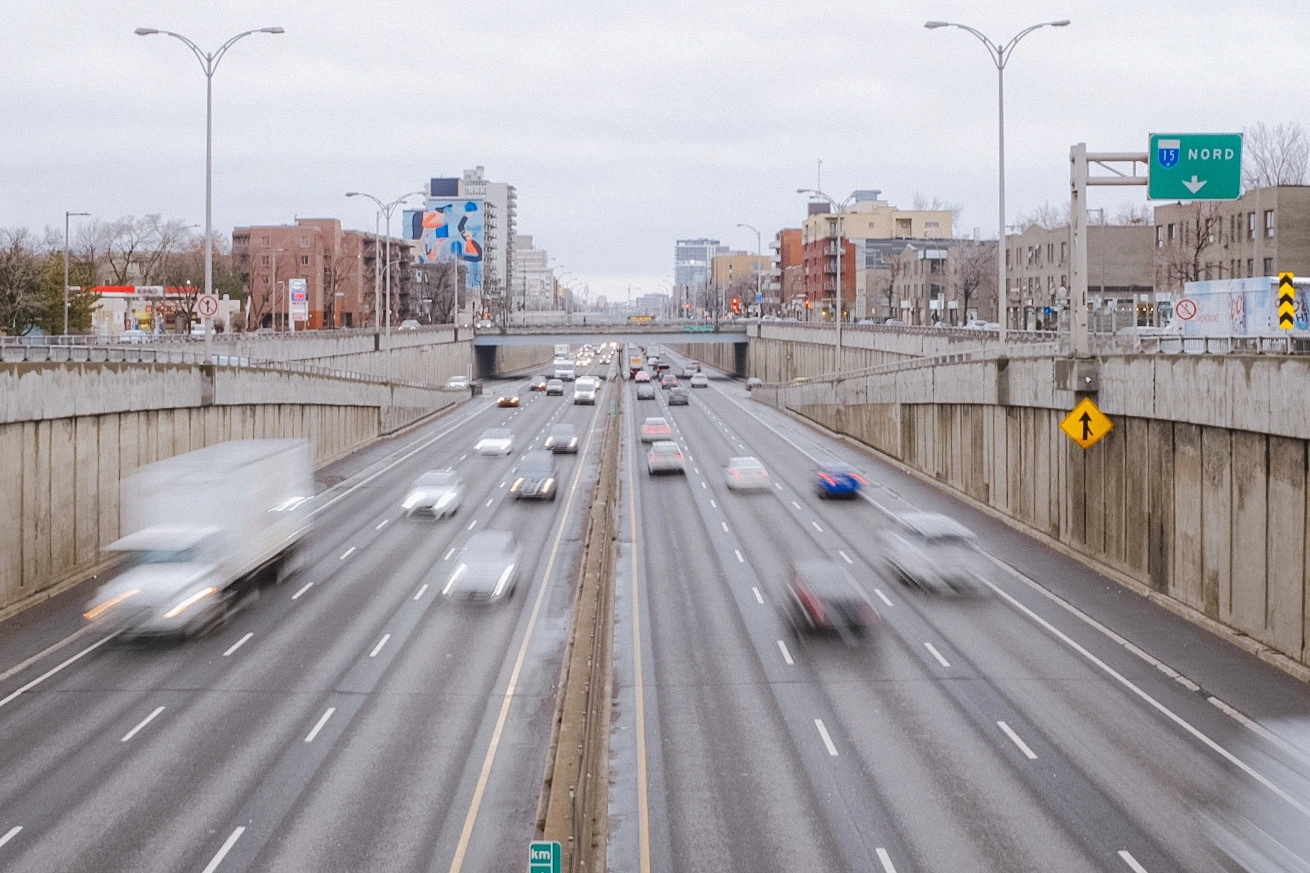
People would probably hate cars a lot less if they were limited in size and speed to a golf cart


Pros of golf carts and neighborhood electric vehicles (NEVs) replacing all private cars within a city:
Cons:
The generation that complains about "participation trophy kids" is the same generation that made it impossible for kids to walk or bike to school
How are kids supposed to become capable and independent if they have to be chauffeured everywhere?
We don't need trucks or diesel to move freight in cities, just cargo trams

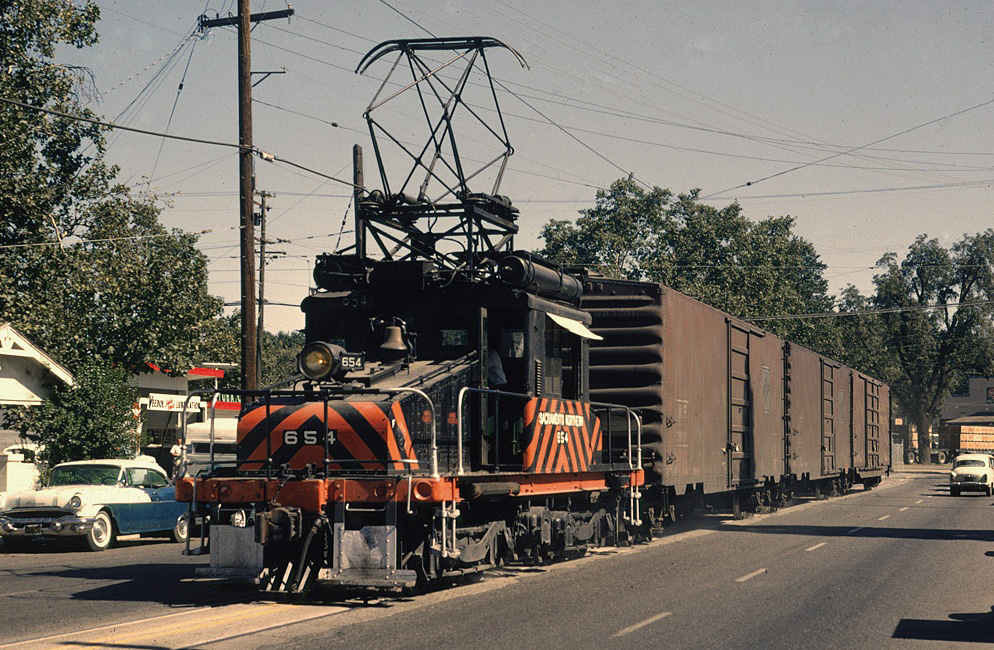
https://en.m.wikipedia.org/wiki/Sacramento_Northern_Railway
The Sacramento Northern Railway (reporting mark SN) was a 183-mile (295 km) electric interurban railway that connected Chico in northern California with Oakland via the California capital, Sacramento. In its operation it ran directly on the streets of Oakland, Sacramento, Yuba City, Chico, and Woodland and ran interurban passenger service until 1941 and freight service into the 1960s.